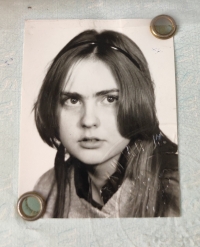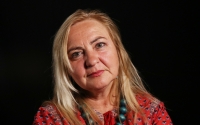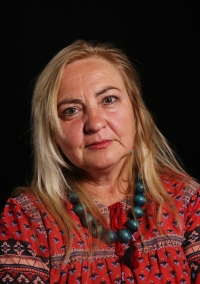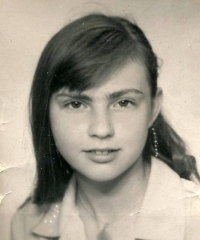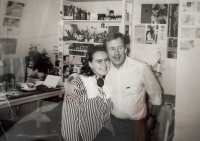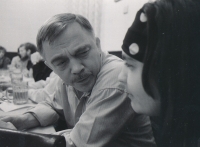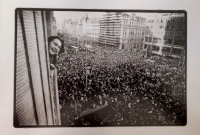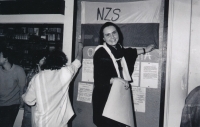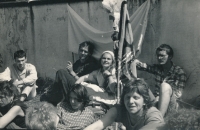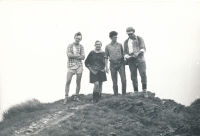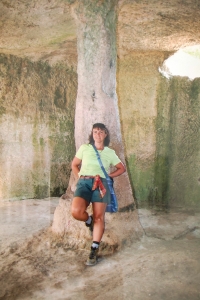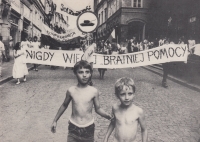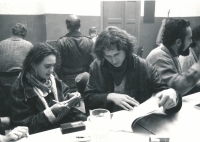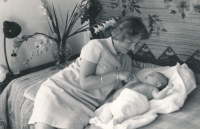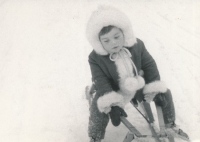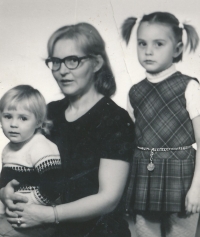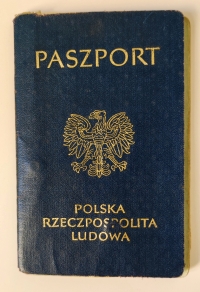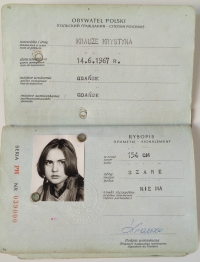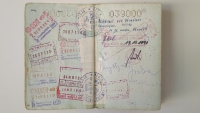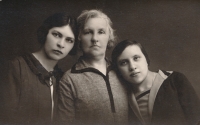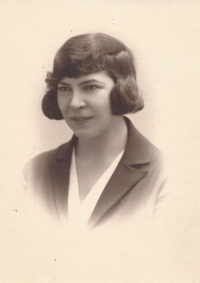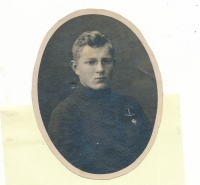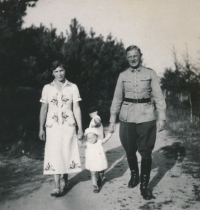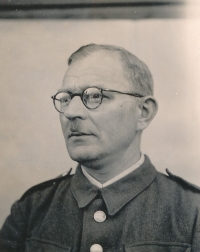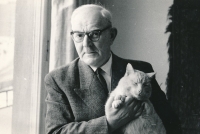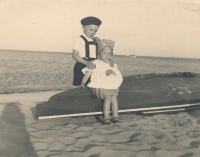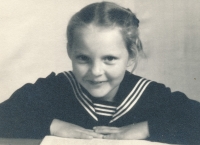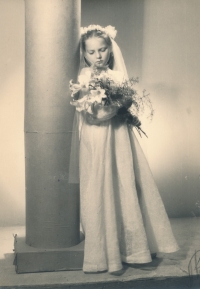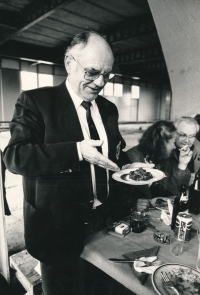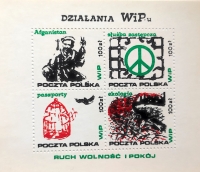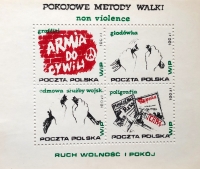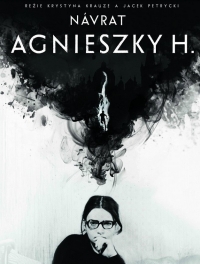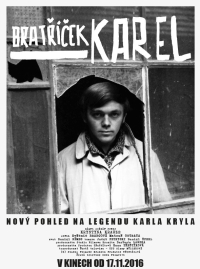We reached the border with the „No more brotherly aid“ banner

Stáhnout obrázek
She was born in the Polish port city of Gdansk on the Baltic Sea coast on 11 June 1967 as the first daughter to Maria and Jan Krauze. Her mother was a physician and her father a sea captain. In 1973-1975 she lived with her parents in Dolní Beřkovice in Czechoslovakia where her father worked on the construction of a new weir on the River Elbe. During martial law, she was expelled from all state secondary schools for organizing anti-regime protests at the 9th General High School in Gdansk. In 1986, she graduated from a grammar school in Sopot and took part in the activities of the pacifist movement Wolność i Pokój (Freedom and Peace) and started going on hippie pilgrimages to Jasna Góra in Częstochowa. In 1987 she began studying political science at the University of Gdansk and became a member of the strike committee in June 1988. In August 1988, she began working with Polish-Czechoslovak Solidarity - thanks to having a passport, she worked as a liaison between Polish and Czech dissidents and as a journalist for Polish independent media. She filmed an interview with Václav Havel, which was broadcast by Solidarity in its election clip before the 4 June 1989 elections. On 21 August 1988 she took part in a rally in Cieszyn, Poland, with the slogan „No more brotherly aid“. In early November 1989, she helped organise a festival of independent Czechoslovak culture in Wrocław, for which she made video messages from Czech dissidents. After the festival, she organised Karel Kry‘s show in Gdansk with singer-songwriter Antonina Krzysztoń who sang his songs in Polish. After the Velvet Revolution she studied at DAMU and FAMU in Prague and at the Film College in Łódź. She has translated over 30 Czech plays into Polish and made several documentaries, including feature films on Václav Havel, Agnieszka Holland and Karel Kryl. As of October 2023, she was living in Prague.
